November 8 stands as one of history’s most eventful days, witnessing the rise and fall of empires, groundbreaking discoveries, and moments that shaped our modern world across centuries of human achievement.
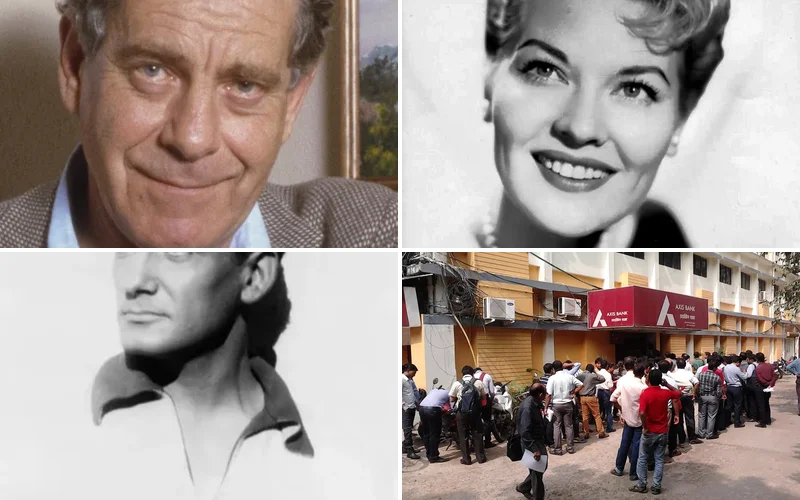
Politics and Government Events on November 8
1932 – Franklin D. Roosevelt Elected 32nd President
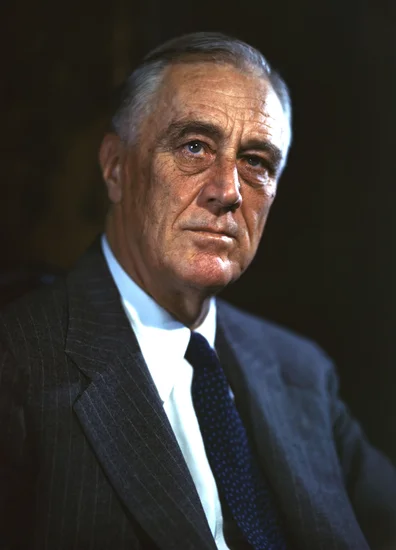
Franklin D. Roosevelt decisively defeated incumbent Herbert Hoover in the presidential election during America’s darkest economic hour. His landslide victory marked a fundamental shift in American political philosophy toward federal intervention.
The election results gave Roosevelt a mandate to implement his New Deal programs. This victory fundamentally transformed the relationship between federal government and American citizens for generations to come.
1960 – John F. Kennedy Elected 35th President

John F. Kennedy narrowly defeated Vice President Richard Nixon in one of the closest presidential elections in American history. The young senator from Massachusetts captured the nation’s imagination with his charismatic campaign style.
Kennedy’s victory ushered in a new era of American politics focused on civil rights and space exploration. His election represented a generational shift that would define the turbulent decade ahead.
1988 – George H.W. Bush Elected 41st President
Vice President George H.W. Bush secured the presidency by defeating Democratic nominee Michael Dukakis in the general election. His victory extended Republican control of the White House for another four years.
Bush’s election promised continuity with Reagan-era policies while facing mounting international challenges. The former CIA director brought extensive foreign policy experience to the nation’s highest office.
2016 – Donald Trump Elected 45th President

Donald Trump stunned the political establishment by defeating Hillary Clinton in a shocking electoral upset. His victory marked the first time a candidate without government or military experience won the presidency.
Trump’s triumph represented a populist rejection of traditional political norms and institutions. His election fundamentally altered American political discourse and international diplomatic relationships.
1917 – First Council of People’s Commissars Formed
Vladimir Lenin established the first Soviet government with Leon Trotsky and Joseph Stalin as key members. This revolutionary council assumed control of the vast Russian Empire following the Bolshevik seizure of power.
The council’s formation marked the beginning of the world’s first communist state. Their radical policies would reshape global politics and ideology throughout the twentieth century.
1966 – Edward Brooke Elected to Senate
Edward Brooke became the first African American elected to the United States Senate since Reconstruction ended. The Massachusetts Attorney General’s victory broke nearly a century of racial barriers in American politics.
Brooke’s election represented a significant milestone in the civil rights movement’s political progress. His moderate Republican views challenged stereotypes and opened doors for future minority candidates.
1920 – British Indian Ocean Territory Created
The British Empire established the British Indian Ocean Territory comprising the Chagos Archipelago and other strategic islands. This administrative creation consolidated British control over crucial Indian Ocean shipping routes.
The territory’s formation would later generate international controversy over displaced populations. Strategic military installations transformed these remote islands into key Cold War assets.
1994 – Republican Revolution Sweeps Congress
Republicans achieved historic electoral gains by capturing massive majorities in both houses of Congress. The party gained 54 House seats and 8 Senate seats, ending four decades of Democratic dominance.
This electoral earthquake reflected voter dissatisfaction with Clinton administration policies and big government programs. The Republican Revolution fundamentally altered American political dynamics for the remainder of the 1990s.
Military and Naval History on November 8
1940 – Greek Forces Repel Italian Invasion
Outnumbered Greek units successfully repulsed the Italian invasion during the Battle of Elaia–Kalamas. The heroic Greek resistance shocked the Axis powers and demonstrated their military vulnerability.
This unexpected victory forced Hitler to divert crucial resources toward the Balkans. The Greek triumph delayed Operation Barbarossa and potentially altered the entire course of World War II.
1942 – French Resistance Coup in Algiers
Four hundred French patriots neutralized the Vichyist XIXth Army Corps after fifteen hours of intense urban fighting. Their successful coup arrested several collaborationist generals and secured crucial North African ports.
The resistance victory enabled the immediate success of Operation Torch in Algiers. This coordinated uprising demonstrated the effectiveness of organized civilian resistance against occupation forces.
1950 – First Jet Fighter Dogfight
Lieutenant Russell J. Brown piloted his F-80 Shooting Star to victory against two North Korean MiG-15s. This historic aerial combat marked the beginning of the jet age in military aviation.
The dogfight revolutionized air warfare tactics and aircraft design priorities worldwide. Brown’s achievement demonstrated American technological superiority in the early Cold War period.
1936 – Siege of Madrid Begins
Francoist forces failed to capture Madrid but initiated a brutal three-year siege of the Spanish capital. The Republican defenders’ resilience turned the city into a symbol of anti-fascist resistance.
The siege became a testing ground for new military technologies and tactics. International volunteers flocked to defend the city against Franco’s German and Italian-backed forces.
1939 – Venlo Incident Compromises British Intelligence
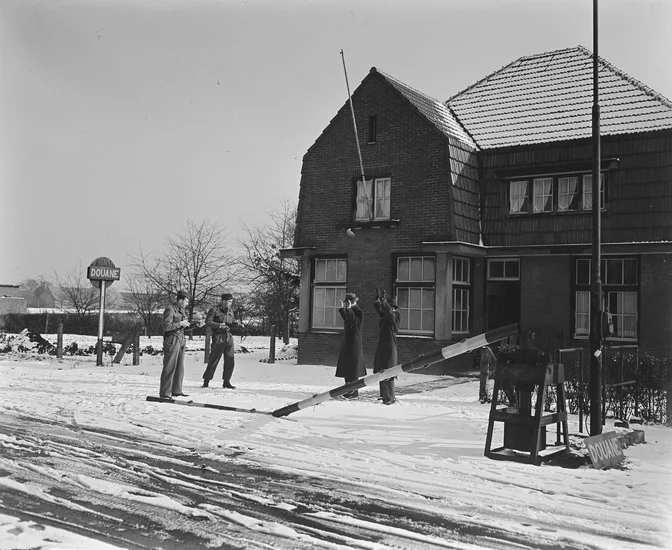
German agents captured two British SIS operatives in a sophisticated counterintelligence operation. The incident severely compromised British intelligence networks throughout occupied Europe.
This intelligence disaster forced Britain to rebuild its continental espionage capabilities from scratch. The Venlo Incident demonstrated German counterintelligence effectiveness in the war’s early stages.
1957 – Britain Tests Hydrogen Bomb
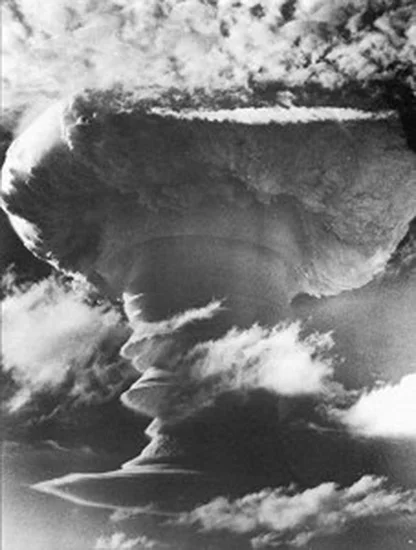
Operation Grapple X successfully detonated the United Kingdom’s first hydrogen bomb over Kiritimati in the Pacific. The test established Britain as the world’s third thermonuclear power.
This achievement ensured Britain’s continued relevance in Cold War strategic planning. The successful test maintained British influence in NATO nuclear policy decisions.
1965 – Operation Hump Ambush

The 173rd Airborne faced devastating ambush by over 1,200 Viet Cong forces during Operation Hump. Simultaneously, Australian forces fought their first major Vietnam War engagement at Gang Toi.
These coordinated attacks demonstrated increasing communist military sophistication in Southeast Asia. The battles marked a significant escalation in Vietnam War intensity and international involvement.
Science and Discovery Milestones on November 8
1895 – Wilhelm Röntgen Discovers X-rays
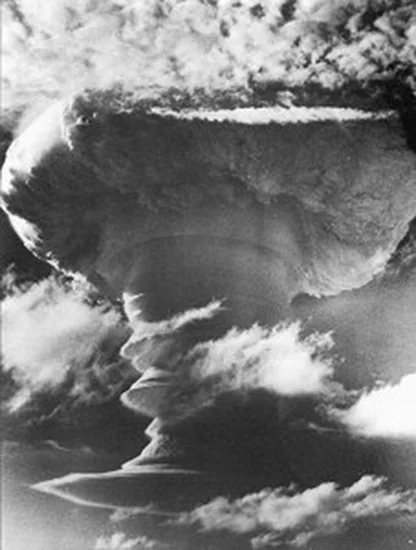
German physicist Wilhelm Röntgen accidentally discovered electromagnetic radiation while experimenting with cathode rays. His revolutionary finding would transform medical diagnosis and scientific research forever.
Röntgen’s discovery earned him the first Nobel Prize in Physics in 1901. X-ray technology revolutionized medicine by allowing doctors to see inside the human body without surgery.
1977 – Philip II’s Tomb Discovered
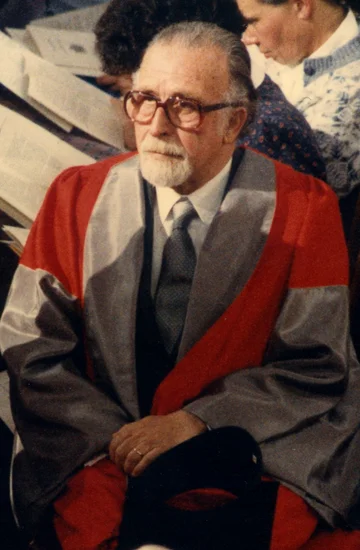
Greek archaeologist Manolis Andronikos discovered the intact tomb of Philip II of Macedon at Vergina. This remarkable find provided unprecedented insights into ancient Macedonian royal burial practices.
The tomb’s golden artifacts and royal regalia confirmed historical accounts of Macedonian wealth and power. Andronikos’s discovery revolutionized understanding of Alexander the Great’s cultural heritage.
2011 – Asteroid 2005 YU55 Passes Earth
The potentially hazardous asteroid 2005 YU55 passed within 0.85 lunar distances of Earth. This close approach provided scientists with unprecedented opportunities to study a large near-Earth object.
The asteroid’s flyby advanced planetary defense research and detection capabilities. Scientists used multiple telescopes to gather crucial data about potentially threatening space objects.
Cultural and Arts Events on November 8
1920 – Rupert Bear Debuts

Mary Tourtel’s beloved character Rupert Bear made his first appearance in print. The charming yellow bear and his adventures captivated British children for generations.
Rupert’s debut launched one of Britain’s most enduring comic strip characters. The series evolved through multiple artists while maintaining its gentle storytelling and distinctive visual style.
1972 – HBO Launches Pay Television
Home Box Office revolutionized television entertainment by launching America’s first successful pay television network. The premium cable service offered uncut movies and original programming without commercial interruption.
HBO’s launch transformed the television industry and viewing habits across America. The network’s success pioneered the premium cable model that dominates modern entertainment distribution.
1901 – Gospel Riots Shake Athens
Violent clashes erupted in Athens following the translation of the Gospels into modern Greek. The riots reflected deep tensions between traditional and progressive religious interpretations.
These disturbances highlighted the complex relationship between language, religion, and national identity in Greece. The controversy demonstrated how biblical translation could become a flashpoint for cultural conflict.
1937 – Nazi Exhibition Opens in Munich
The Nazi regime opened “Der ewige Jude” (The Eternal Jew) exhibition in Munich. This propaganda display promoted antisemitic ideology through distorted historical narratives and inflammatory imagery.
The exhibition represented a crucial escalation in Nazi anti-Jewish propaganda efforts. This systematic dehumanization campaign laid groundwork for the Holocaust’s later implementation.
Religious and Social Events on November 8
1965 – Britain Abolishes Death Penalty
The Murder (Abolition of Death Penalty) Act received Royal Assent, formally ending capital punishment in Britain. This landmark legislation reflected evolving attitudes toward criminal justice and human rights.
The abolition positioned Britain as a progressive leader in penal reform worldwide. This decision influenced international human rights discourse and criminal justice policy development.
1933 – Civil Works Administration Unveiled
President Franklin D. Roosevelt announced the Civil Works Administration to create jobs for over four million unemployed Americans. This New Deal program provided immediate relief during the Great Depression’s darkest period.
The CWA represented unprecedented federal intervention in employment policy and economic recovery. Workers built schools, roads, and public facilities while earning desperately needed wages.
1919 – Eichenfeld Massacre Begins
Members of the Revolutionary Insurgent Army murdered 136 Mennonite colonists at Jaskyowo. This tragic event initiated a series of massacres that ultimately killed 827 Ukrainian Mennonites.
The violence reflected the brutal sectarian conflicts plaguing Ukraine during the Russian Civil War. These massacres demonstrated how religious minorities suffered during periods of political chaos.
Business and Economic Events on November 8
1997 – Eritrea Adopts the Nakfa
The newly independent nation of Eritrea introduced the nakfa as its official currency. This monetary policy established economic sovereignty separate from neighboring Ethiopia.
The currency’s adoption symbolized Eritrea’s complete political and economic independence. However, the nakfa’s introduction also created new challenges for regional trade relationships.
2016 – India’s Demonetization Shock

Prime Minister Narendra Modi announced the immediate withdrawal of ₹500 and ₹1000 banknotes from circulation. This dramatic policy aimed to combat corruption and black market activities.
The demonetization caused massive economic disruption across India’s cash-dependent economy. While supporters praised the anti-corruption effort, critics highlighted the policy’s devastating impact on ordinary citizens.
1973 – Getty Ear Delivered

Kidnappers delivered John Paul Getty III’s severed ear to a newspaper with a ransom demand. This gruesome escalation convinced his grandfather to pay $2.9 million for the teenager’s release.
The incident exposed the extreme lengths criminals would pursue when targeting wealthy families. The case highlighted growing security challenges faced by prominent business dynasties worldwide.
Transportation and Infrastructure on November 8
1968 – Vienna Convention on Road Traffic
International delegates signed the Vienna Convention to standardize global traffic rules and increase road safety. This treaty facilitated international road travel by harmonizing traffic regulations worldwide.
The convention established uniform traffic signs, signals, and driving rules across signatory nations. This standardization significantly improved road safety and simplified international automotive travel.
1957 – Pan Am Flight 7 Disappears
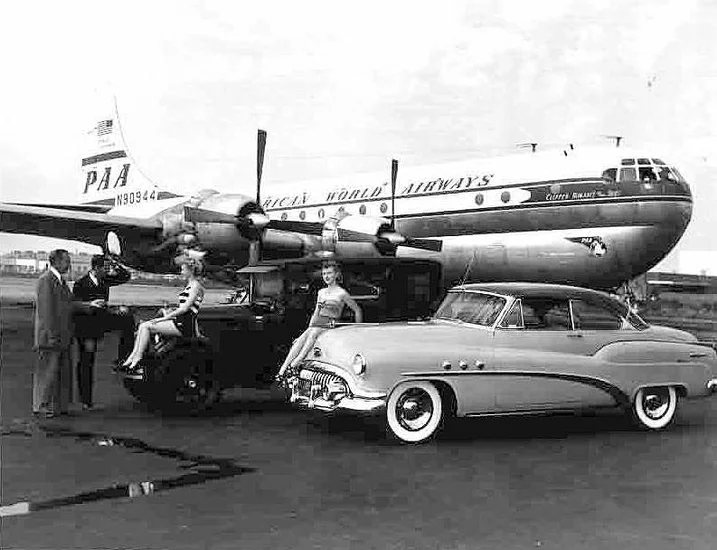
Pan American Flight 7 vanished between San Francisco and Honolulu with all passengers and crew aboard. Search teams discovered wreckage and bodies one week later in the Pacific Ocean.
The tragedy highlighted aviation safety challenges during the early jet age. Investigation revealed mechanical failures that led to improved aircraft design and safety protocols.
1965 – Multiple Aviation Disasters

American Airlines Flight 383 crashed in Kentucky, killing 58 people in a devastating aviation accident. The crash occurred during a period of increased air travel and safety concerns.
This disaster prompted enhanced safety investigations and improved pilot training protocols. The aviation industry implemented new procedures to prevent similar mechanical failures.
Sports and Recreation on November 8
1966 – NFL-AFL Merger Approved

President Lyndon B. Johnson signed antitrust exemption legislation allowing the NFL to merge with the AFL. This historic decision created the modern National Football League structure.
The merger established the Super Bowl championship game and revolutionized professional football. This consolidation transformed American sports entertainment and television programming forever.
Notable Births on November 8
1922 – Christiaan Barnard Born

South African surgeon Christiaan Barnard entered the world in Beaufort West, Cape Province. His early medical training revealed exceptional surgical skills and innovative thinking.
Barnard would later perform the world’s first human heart transplant in 1967. His groundbreaking surgical achievement revolutionized cardiac medicine and captured global attention.
1954 – Kazuo Ishiguro Born

Japanese-British novelist Kazuo Ishiguro was born in Nagasaki, Japan. His family relocated to England when he was five years old, shaping his bicultural perspective.
Ishiguro’s literary works explore themes of memory, identity, and human dignity. His novels earned him the Nobel Prize in Literature in 2017.
1949 – Bonnie Raitt Born

American blues singer Bonnie Raitt was born in Burbank, California, into a musical family. Her father’s Broadway career exposed her to diverse musical influences from childhood.
Raitt’s distinctive slide guitar technique and soulful voice earned her multiple Grammy Awards. Her career spans over five decades of influential blues and rock music.
1966 – Gordon Ramsay Born
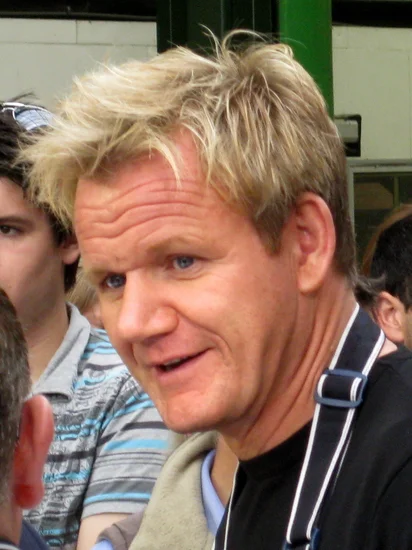
British chef Gordon Ramsay was born in Johnstone, Scotland, before moving to England as a child. His early culinary training in France shaped his exacting standards and techniques.
Ramsay built a global restaurant empire and television personality career. His fiery temperament and culinary expertise made him one of the world’s most recognizable chefs.
1947 – Minnie Riperton Born
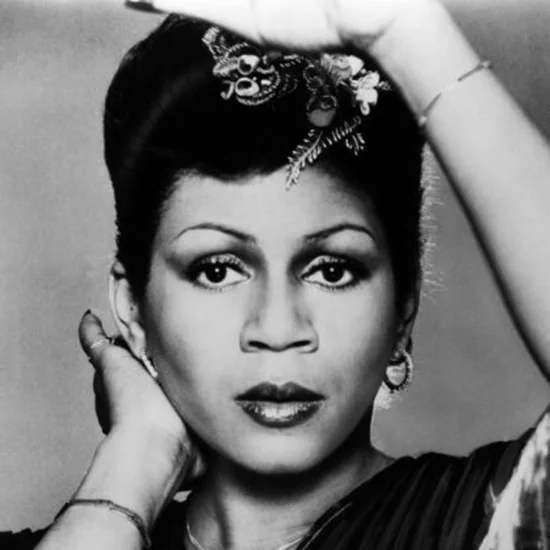
American singer Minnie Riperton was born in Chicago, Illinois, displaying exceptional vocal range from childhood. Her five-octave range distinguished her from contemporary performers.
Riperton’s hit “Lovin’ You” showcased her remarkable whistle register capabilities. Her innovative vocal techniques influenced generations of soul and R&B singers.
1927 – Patti Page Born
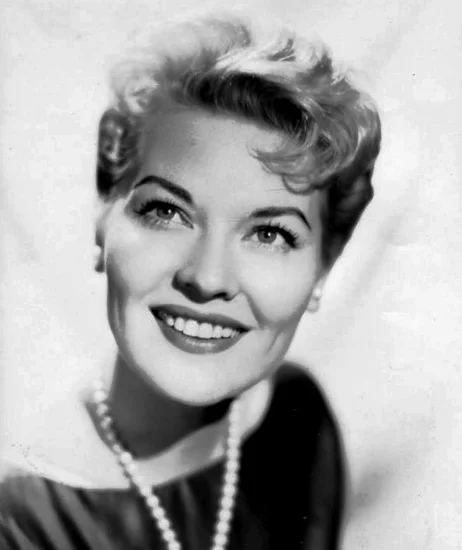
American singer Patti Page was born Clara Ann Fowler in Claremore, Oklahoma. Her distinctive voice and recording innovations made her one of the most successful artists of the 1950s.
Page’s “Tennessee Waltz” became one of the best-selling singles of all time. Her pioneering use of multi-tracking technology revolutionized popular music recording techniques.
1974 – Masashi Kishimoto Born
Japanese manga artist Masashi Kishimoto was born in Nagi, Okayama Prefecture. His childhood fascination with drawing and storytelling shaped his artistic development.
Kishimoto created the globally successful manga series “Naruto,” which became a cultural phenomenon. His work influenced international appreciation for Japanese manga and anime.
1931 – Morley Safer Born

Canadian-American journalist Morley Safer was born in Toronto, Ontario. His early career in Canadian broadcasting prepared him for international correspondence work.
Safer’s groundbreaking Vietnam War reporting for CBS News challenged official narratives. His investigative journalism on “60 Minutes” earned him numerous awards and accolades.
Notable Deaths on November 8
1953 – Ivan Bunin Dies

Russian author Ivan Bunin passed away in Paris at age 83. The Nobel Prize-winning writer spent his final decades in French exile following the Russian Revolution.
Bunin’s lyrical prose and poetry captured the essence of pre-revolutionary Russian aristocratic life. His works preserved cultural memories of a vanished world through masterful storytelling.
1978 – Norman Rockwell Dies

American painter Norman Rockwell died in Stockbridge, Massachusetts, at age 84. His iconic illustrations defined American cultural identity for generations of readers.
Rockwell’s “Saturday Evening Post” covers depicted idealized American life with warmth and humor. His artistic legacy continues to influence American illustration and popular culture.
1965 – Dorothy Kilgallen Dies
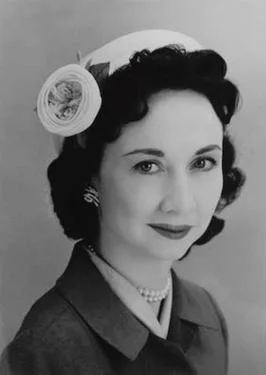
American journalist Dorothy Kilgallen died unexpectedly in New York City at age 52. Her investigative reporting and television game show appearances made her a household name.
Kilgallen’s coverage of the Kennedy assassination raised important questions about official narratives. Her sudden death sparked conspiracy theories that persist among researchers today.
1986 – Vyacheslav Molotov Dies
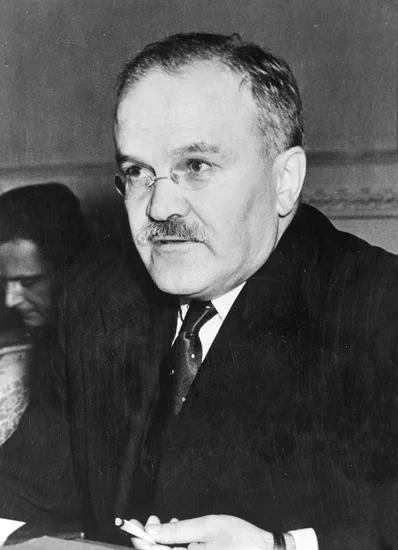
Soviet Foreign Minister Vyacheslav Molotov passed away in Moscow at age 96. His diplomatic career spanned the most crucial decades of Soviet history.
Molotov negotiated the Nazi-Soviet Pact and represented Stalin at major wartime conferences. His name became synonymous with Soviet diplomatic intransigence during the Cold War.
2020 – Alex Trebek Dies
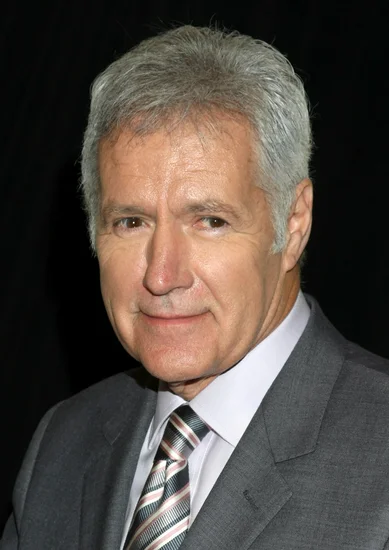
Canadian-American television host Alex Trebek died in Los Angeles at age 80. His dignified battle with pancreatic cancer inspired millions of viewers worldwide.
Trebek hosted “Jeopardy!” for 37 years, becoming an beloved figure in American television. His intellectual curiosity and gentle demeanor made him a trusted presence in American homes.
1998 – Jean Marais Dies
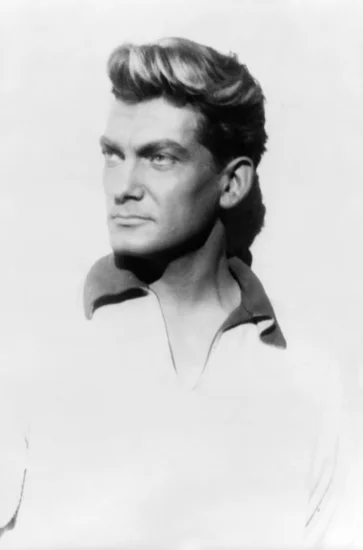
French actor Jean Marais passed away in Cannes at age 84. His collaboration with director Jean Cocteau created some of French cinema’s most memorable films.
Marais’s career spanned theater, film, and sculpture across six decades. His romantic leading man roles defined French cinema’s golden age aesthetic.
2011 – Heavy D Dies
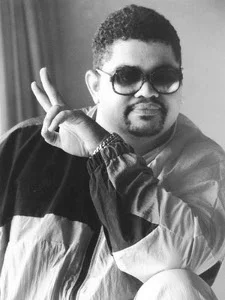
Jamaican-American rapper Heavy D died in Beverly Hills at age 44. His positive lyrics and crossover appeal helped bring hip-hop to mainstream audiences.
Heavy D’s music videos and television appearances broke racial barriers in entertainment. His sudden death shocked the hip-hop community and devoted fans worldwide.
Holidays and Observances on November 8
International Day of Radiology
The European Society of Radiology established International Day of Radiology to commemorate Wilhelm Röntgen’s discovery of X-rays. This observance highlights the crucial role of medical imaging in modern healthcare.
Medical professionals worldwide use this day to educate the public about radiology’s importance. The observance promotes awareness of radiological safety and technological advances in diagnostic imaging.
National Aboriginal Veterans Day
Canada observes National Aboriginal Veterans Day to honor Indigenous peoples’ military service contributions. This recognition acknowledges the significant sacrifices made by First Nations, Inuit, and Métis veterans.
The observance addresses historical neglect of Indigenous veterans’ contributions to Canadian military efforts. Communities across Canada hold ceremonies to honor these often-overlooked heroes.
Victory Day in Azerbaijan

Azerbaijan celebrates Victory Day commemorating military achievements and national sovereignty. This holiday recognizes the country’s successful defense of territorial integrity.
The observance includes military parades and ceremonies honoring fallen soldiers. Veterans and active military personnel receive special recognition for their service to the nation.
World Urbanism Day
International urban planning organizations observe World Urbanism Day to promote sustainable city development. This global initiative addresses growing challenges of urbanization and environmental sustainability.
Urban planners worldwide use this day to share best practices and innovative solutions. The observance encourages public engagement in creating livable, sustainable urban environments.
